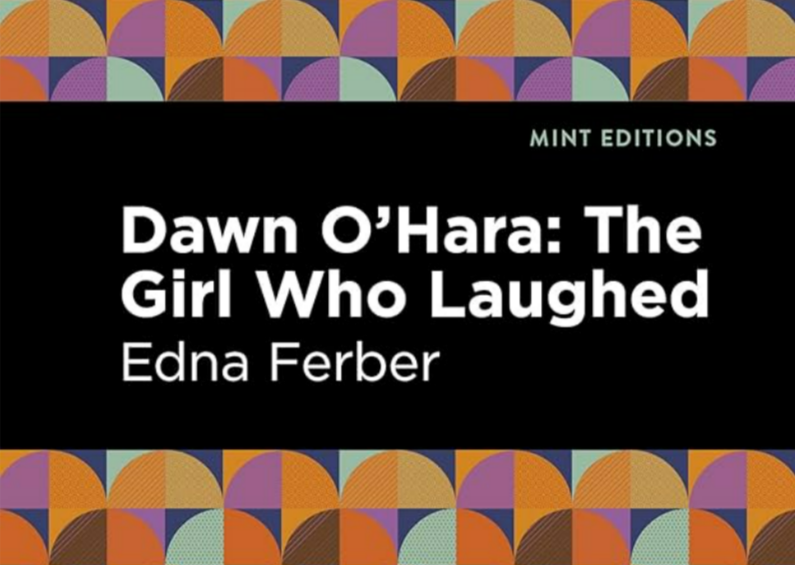CHAPTER V ‑Dawn O’Hara: The Girl Who Laughed
byCHAPTER V – Dawn O’Hara: The Girl Who Laughed opens as Dawn reflects, half-sarcastically and half-sentimentally, on her upcoming transition from the whirlwind of New York to the quieter pace of Milwaukee. Sent there on doctor’s orders to preserve her mental and physical health, she views the move with a mixture of reluctant acceptance and ironic detachment. The vibrancy of her old life still echoes in her memory, but weariness has crept in, urging her toward something less relentless, even if she mocks the idea of Midwestern serenity as a cure-all.
Norah, ever the dutiful sister-in-law, insists on a walk to improve Dawn’s health, citing von Gerhard’s recommendations. The crisp air and autumnal landscape offer a picturesque backdrop to Dawn’s inner debate—whether to embrace this new chapter or cling to the past out of habit. Her musings are interrupted by the amusing appearance of a figure she hopes might bring some excitement to the dullness—only to discover it is von Gerhard himself, arriving with calm authority and unshakable logic.
The accidental meeting shifts the tone. As the trio—Dawn, Norah, and von Gerhard—exchange light remarks, the conversation pivots toward serious matters. Dawn casually drops the idea of returning to New York, expecting little reaction, but is instead met with immediate protest from all sides. Von Gerhard’s counteroffer—Milwaukee—lands with comedic absurdity at first, yet carries unexpected sincerity.
At first, Dawn laughs it off. The idea of trading Manhattan’s chaos for Milwaukee’s measured calm seems ludicrous. But the more von Gerhard explains—speaking of quiet mornings, space to breathe, time to write—the more it takes root as a real, albeit unfamiliar, possibility. Milwaukee isn’t offered as a retreat, but as a rebalancing—a place where Dawn could still write and think, but without the strain that had nearly broken her in the city.
The doctor’s proposition is not merely geographical—it reflects a deeper understanding of Dawn’s restlessness and vulnerability. She needs not just distance from the newspaper deadlines and late-night stress, but space to listen to her own thoughts again. Von Gerhard’s tone remains practical, but his concern is unmistakably personal, wrapped in the kind of directness that makes Dawn both uncomfortable and grateful.
Dawn finds herself weighing the decision with more seriousness than she anticipated. Though her humor masks the gravity of her condition, the truth remains that exhaustion has dulled her once-sharp instincts. Von Gerhard’s suggestion begins to seem not like exile, but a lifeline. The irony she uses to narrate her thoughts doesn’t entirely hide her hope for something steadier than the frantic pace she’s known.
Milwaukee, in Dawn’s mind, slowly evolves from a punchline to a potential sanctuary. It represents a reset—not of ambition, but of rhythm. Perhaps, she realizes, writing doesn’t have to mean burning herself out to stay relevant; it could also mean creating in peace, rediscovering the pleasure of language without constant deadlines or emotional depletion.
As the chapter ends, there’s no grand decision made. Instead, there’s a quiet shift. Dawn doesn’t commit to Milwaukee out loud, but her thoughts linger on the possibility. Von Gerhard’s offer, planted in humor and wrapped in care, now feels like a door she hadn’t seen before—one she might be ready to walk through.
This chapter showcases Dawn’s internal tug-of-war between independence and exhaustion, pride and vulnerability. Through rich dialogue and subtle emotional shifts, it paints a picture of a woman ready to reinvent herself, not with drama but with deliberation. Her strength lies not just in her wit, but in her willingness to consider that sometimes change, even if uncomfortable, might be the gentlest path back to herself.

